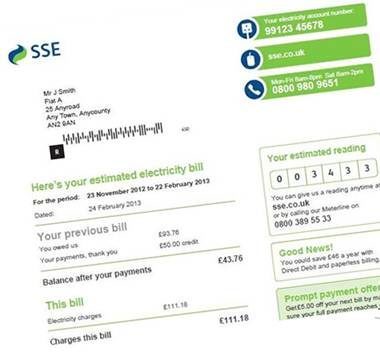Analysts believe uncounted droves of British home power accounts stand ready to flit between suppliers this summer, as falling energy wholesale prices coupled with cutbacks in government support give retailers a chance to develop more competitive deals.
Since the start of winter, the default tariff cap, or price cap, and the Energy Price Guarantee (EPG) have left the government-supported Standard Variable Tariff (SVT) lower than almost all energy tariffs.
That circumstance imposes a chokehold on the savings which households can make by switching, Cornwall Insight’s Kate Mulvany observes in a research note.
Monthly account moves between suppliers have collapsed as a result, from just under half a million every month in 2019, to only 85,000 last year.
In April, government support for domestic through the EPG bills rises to £3,000.
With wholesale fossil feedstock prices paid by generators now shrunk to or below levels seen before Putin’s invasion of Ukraine twelve months ago, it’s on the cards, says Cornwall, that suppliers will soon offer fixed tariffs attractively competitive against the government-capped price scales.
Although increased market competition naturally depends on stable wholesale markets, Cornwall sees early indications that suppliers could launch more competitively priced tariffs within weeks.
“Current market conditions suggest there may be room for households to have a wider engagement in the energy market than they have in recent times”, says the note.
“There are many variables still in play, and it is difficult to know how fast and how far energy bills will fall”, Mulvany cautions.
“The Market Stabilisation charge adds another level of complexity, as while it may safeguard against supplier collapse it is likely to drive up the cost of energy deals offered by suppliers”, she perceives.
“If suppliers’ costs decrease and government-supported rates remain relatively high, it is likely we will see a significant revival in reasonably priced energy plans, with millions of households finally able to take advantage of the savings they have been missing out on for years.
Bill-payers scared or intimidated into inertia by recent tariff turmoil will also influence market outcomes, Cornwall believes.
“To see rising switching we are also relying on consumers engaging with an energy market which many are understandably wary of. It is possible some households may choose to stick with what they know instead of choosing cheaper options.”
More on Cornwall’s Insight here.




